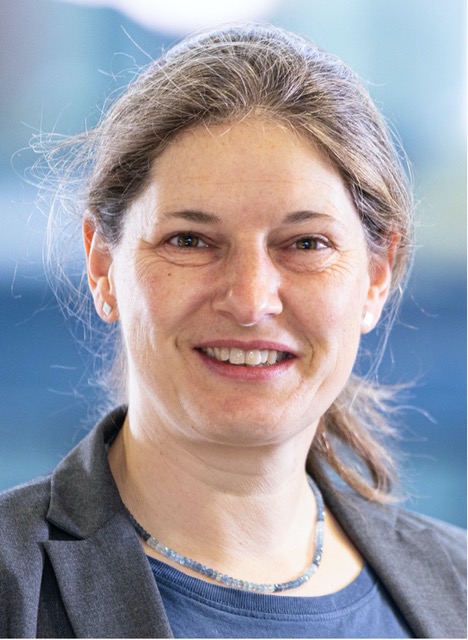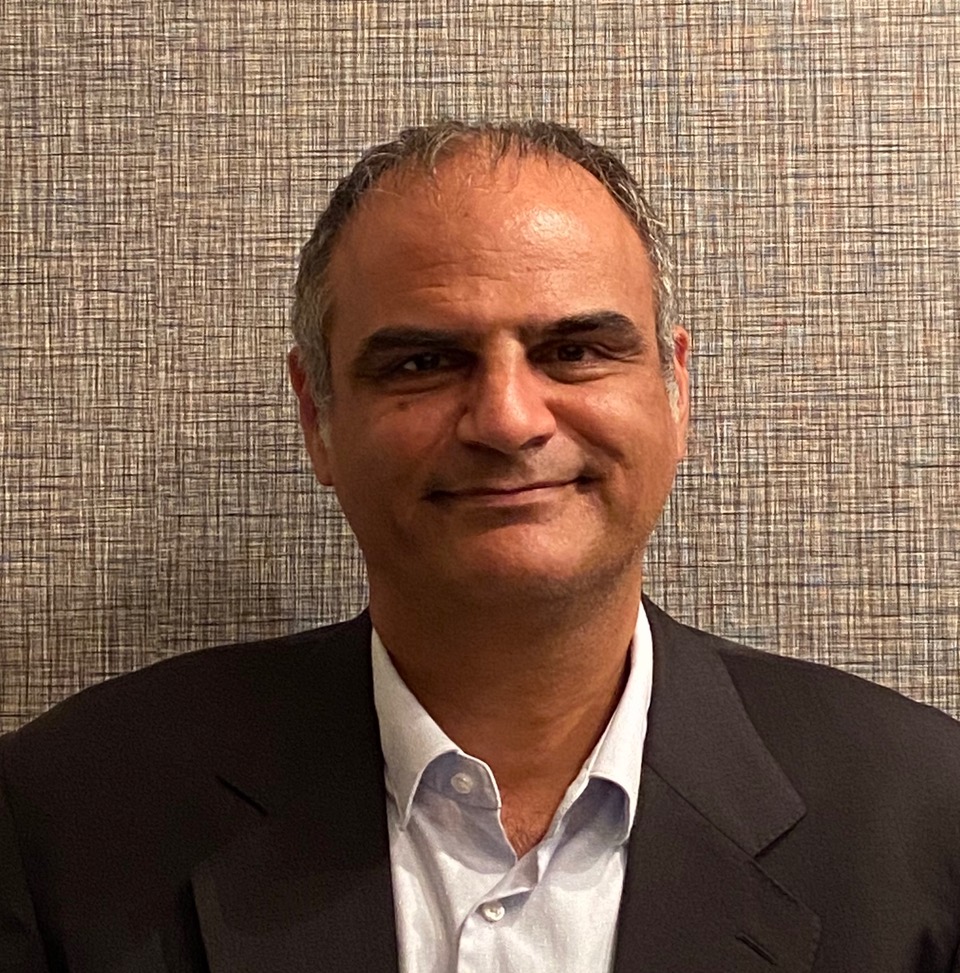Plenary Speakers

Prof. Karl H. Johansson
KTH Royal Institute of Technology, Sweden
Title: Cyber-secure control systems: metrics, detection, estimation, and learning
Abstract: The rapid digitalization of control applications in safety-critical domains such as transportation, power systems, and industrial automation creates both opportunities and unprecedented security challenges. Traditional IT security solutions are insufficient, as adversaries can exploit the tight coupling between cyber and physical dynamics. This keynote will present recent advances in cyber-secure control systems, structured around the key themes of quantifying security, attack detection, resilient estimation, and robust learning. We discuss how to develop risk metrics that capture the security posture of control loops, and how data-driven detection and identification methods can uncover sophisticated sensor attacks. Building on set-based techniques, we demonstrate secure state estimation frameworks that guarantee safety even under adversarial conditions. Moving beyond estimation, we address the challenge of robust distributed learning, where compressed momentum filtering enables both resilience against malicious agents and efficiency. The talk concludes by outlining open challenges and research directions. The results are based on recent joint work with students, postdocs, and other collaborators.
Biography: Karl H. Johansson is Swedish Research Council Distinguished Professor in Electrical Engineering and Computer Science at KTH Royal Institute of Technology in Sweden and Founding Director of Digital Futures. He earned his MSc degree in Electrical Engineering and PhD in Automatic Control from Lund University. He has held visiting positions at UC Berkeley, Caltech, NTU and other prestigious institutions. His research interests focus on networked control systems and cyber-physical systems with applications in transportation, energy, and automation networks. For his scientific contributions, he has received numerous best paper awards and various other distinctions from IEEE, IFAC, and other organizations. He has been awarded Distinguished Professor by the Swedish Research Council, Wallenberg Scholar by the Knut and Alice Wallenberg Foundation, Future Research Leader by the Swedish Foundation for Strategic Research. He has also received the triennial IFAC Young Author Prize, IEEE CSS Distinguished Lecturer, IFAC Outstanding Service Award, and IEEE CSS Hendrik W. Bode Lecture Prize. His extensive service to the academic community includes being President of the European Control Association, IEEE CSS Vice President Diversity, Outreach & Development, and Member of IEEE CSS Board of Governors and IFAC Council. He has served on the editorial boards of Automatica, IEEE TAC, IEEE TCNS and many other journals. He has also been a member of the Swedish Scientific Council for Natural Sciences and Engineering Sciences. He is Fellow of both the IEEE and the Royal Swedish Academy of Engineering Sciences.

Prof. Vasso Reppa
Delft University of Technology, The Netherlands
Title: Ensuring Safety in Autonomous Maritime Transport Operations: A model-based approach
Abstract: Maritime sector strives to increase the levels of autonomy via the digitalization and automatization of operations of marine vessels (e.g. container ships, tankers, tugboats, inland vessels), as well as of their interaction with maritime transport infrastructure (e.g. ports, cranes, inland waterways, locks, bridges). To this end, modern vessel designs follow a cyber-physical approach, considering a large amount of information and communication technologies, sensor and actuation technology, for operational and condition-based monitoring, remote navigation, motion planning and control. In this talk, we will first present the methodological steps to render vessel operations autonomous by designing multi-agent architectures based on quantitative models and semantic information. Then, we will discuss how we guarantee the safety of these autonomous operations (i) against significant environmental effects of e.g. wind, waves, currents, water depth, (ii) dynamic (mixed) traffic conditions, and (iii) unexpected events (e.g. sensor faults, thruster faults). Emphasis will be given on the challenges posed in the design of monitoring and control techniques to handle complexity and uncertainty. Contemporary problems in the maritime transport (see www.safe-net.team) will be shown to exemplify the research methodology.
Biography: Vasso Reppa has been an Assistant Professor with the Maritime and Transport Technology Department, Delft University of Technology, The Netherlands since 2018. She is the principal investigator of the research group SAFE-NET and the coordinator of the scientific team of ResearchLab Autonomous Shipping. She received the Ph.D. degree in fault detection and diagnosis with application to MEMS from the University of Patras, Greece, in 2010. From 2011 to 2017, she was a Research Associate with the KIOS Research and Innovation Center of Excellence, Cyprus. In 2013, she was awarded the Marie Curie Intra European Fellowship and worked as a Research Fellow with CentraleSupélec, University of Paris-Saclay, France, from 2014 to 2016. She was a Visiting Researcher at Imperial College London, U.K., and at the University of Newcastle, Australia, in 2015. Her current research focuses on the multi-agent design for ensuring the safety and autonomy of marine vessel operations and maritime transport systems, and she has been involved in several research and development projects (e.g., HorizonEurope SEAMLESS and WARRANT, H2020 NOVIMOVE, NWO READINESS, and Marie Curie ETN AUTOBarge).

Prof. Barbara Hammer
Bielefeld University, Germany
Title: Physics-informed machine learning surrogates within optimization and control tasks in water distribution systems
Abstract: Recent advances in deep learning carry the promise to substitute computationally costly simulations or only partially observable dynamics by deep surrogate models which are trained on example data. Thereby, physics-informed training enables the integration of physical laws which ensure the generalization ability beyond the observed training signals provided the regions are covered by the integrated physical principles. Since the resulting deep models are fast to evaluate and they are given in explicit analytic function, deep surrogates carry diverse promises: They allow for a fast approximation of complex dynamic behavior; they enable real-world state inference given partial information; and they support efficient system optimization based on gradient information. In the talk, I will focus on opportunities and challenges of surrogate models for a technical application, namely hydraulic simulation of water distribution systems. I will demonstrate the power of graph neural networks to learn simulations of the dynamics based on hydraulic principles such that inference based on limited information becomes possible. I will have a short glimpse at requirements as posed by the EU’s AI-act such as fairness and robustness. Further, I will address exemplary downstream tasks, which become possible based on the surrogate, specifically sensor placement and network optimization.
Biography: Barbara Hammer is a full Professor for Machine Learning at the CITEC Research Center at Bielefeld University, Germany. She received her Ph.D. in Computer Science in 1999 and her venia legendi (permission to teach) in 2003, both from the University of Osnabrueck, Germany, where she was head of an independent research group on the topic ‘Learning with Neural Methods on Structured Data’. In 2004, she accepted an offer for a professorship at Clausthal University of Technology, Germany, before moving to Bielefeld in 2010. Barbara’s research interests cover theory and algorithms in machine learning and neural networks and their application for technical systems and the life sciences, including explainability, learning with drift, nonlinear dimensionality reduction, recursive models, and learning with non-standard data. Barbara has been chairing the IEEE CIS Technical Committee on Data Mining and Big Data Analytics, the IEEE CIS Technical Committee on Neural Networks, and the IEEE CIS Distinguished Lecturer Committee. She has been elected as member of the IEEE CIS Administrative Committee and the INNS Board. She has been an associate editor of the IEEE Computational Intelligence Magazine, the IEEE TNNLS, and IEEE TPAMI. Currently, she is member of the Scientific Directorate Schloss Dagstuhl and depute spokesperson for the section Computer Science of the German Research Foundation. She is involved in a number of large-scale projects including the DFG collaborative research center on Constructing Explainability, the EU Doctoral Networks on Learning with Multiple Representations (LEMUR), and the ERC Synergy Grant Smart Water Futures.

Prof. Christoforos Hadjicostis
University of Cyprus, Cyprus
Title: Resilient Distributed Average Consensus via Any-Time Correction
Abstract: Recent developments in digital systems and networking technologies have led to the emergence of complex systems that are managed/controlled over cyber infrastructures, such as wireless and wired broadband networks. The emergence of this type of networked control systems, from smart grids and transportation networks of various sorts to embedded electronic devices and robotic networks, has sparked huge interest in distributed control and coordination problems. In this talk, we present recent progress in this area by focusing on the resiliency aspects of an operation that is key for several such tasks: the distributed computation of the average (more generally, a weighted linear combination) of various parameters held at different agents of a multi-agent system. We discuss challenges pertaining to adversarial network conditions, such as packet drops on the communication links and/or the presence of faulty/malicious agents. We report on a key local invariant that can be used to perform any-time error detection/correction as well as to collectively remove the effects of previous communication exchanges with agents that are subsequently determined to be faulty/malicious.
Biography: Christoforos Hadjicostis received the Ph.D. degree in Electrical Engineering and Computer Science in 1999 from the Massachusetts Institute of Technology, Cambridge, MA. He subsequently joined the Faculty at the University of Illinois at Urbana-Champaign, where he was with the Department of Electrical and Computer Engineering, the Coordinated Science Laboratory, and the Information Trust Institute, from 1999-2007. Since 2007, he has been with the University of Cyprus, where he is currently Professor of Electrical and Computer Engineering and Interim Director of the Daedalus Research Center. His research focuses on fault diagnosis and tolerance in distributed dynamic systems, discrete event systems, error control coding, and applications to network security and anomaly detection. Dr. Hadjicostis is Editor-in-Chief of the Journal of Discrete Event Dynamic Systems and Senior Editor of IEEE Transactions on Automatic Control. He is a fellow of IEEE.
